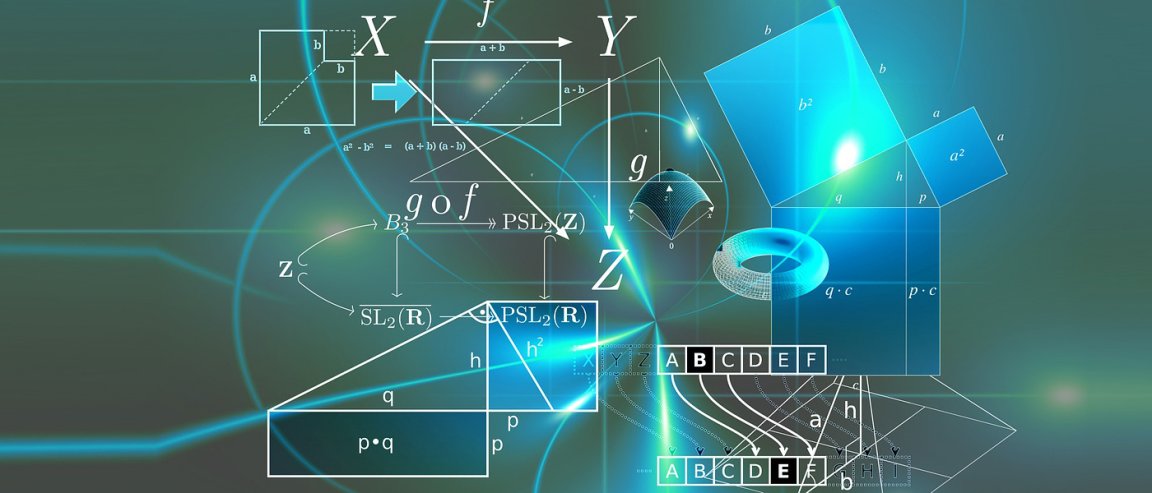
Laws, Theories, and Hypotheses
Over the past century, science has advanced considerably. It’s broadened in terms of scale and scope, as it now covers the farthest reaches of the known universe. Science has also utilized its own achievements to advance its own capabilities: consider how research has been augmented and assisted by technology, for instance.

Throughout this scientific expansion, one aspect of the process has remained the same — the method. Our concept of what science is, and does, comes from how it the approaches the realities it studies. No matter the topic of study, the scientific method begins with positing a hypothesis (a reasonable guess based on what we know or observe). This has long been the foundation of the scientific method. These hypotheses, once supported by repeated testing, become theories. A theory is widely held to be true, and remains so until disproven. We use theories to explain scientific laws. Laws are universal, always true, and cannot be proven to be wrong.
Do We Always Need Evidence?
One vital component to the scientific method has always been evidence. Evidence supports a theory, and theories explain laws. Without evidence, it would be difficult to prove anything is scientifically conclusive — at least, that’s what we’ve always believed.
“The standard view, of course, is that science relies on evidence,” says Philip Ball, former editor of Nature, who hosted a panel organized by the Institute of Art and Ideas. As science increasingly become more complex, there seems to be some areas where evidence seems lacking. In other areas, some scientists have started to wonder if evidence is even required at all.
The panel tries to address the question: what does evidence mean in science? Are we moving towards an era of science where the importance of evidence has been diminished? Are these cutting edge fields in science — particularly in physics which often deals with complex ideas like string theory and multiverses — “in danger of drifting into fantasy?” as Ball puts it.
Tara Shears, particle physicist and resident CERN expert, accompanied by Rupert Sheldrake, the scientist behind the theory of morphic resonance, and by CUNY philosophy professor Massimo Pigliucci try to answer this “problem” of evidence in modern science.
Click here to watch the full video.